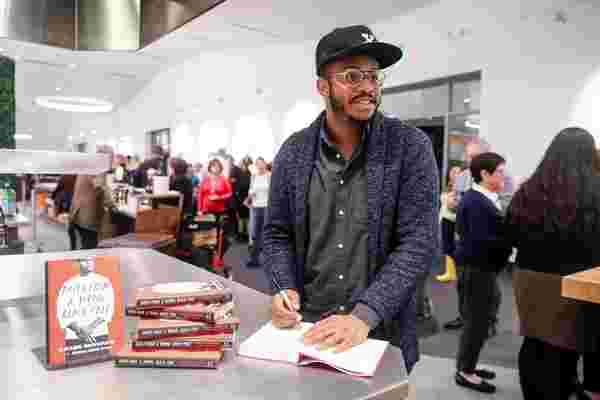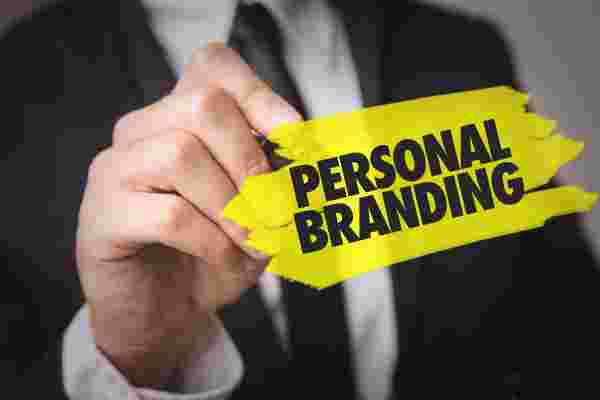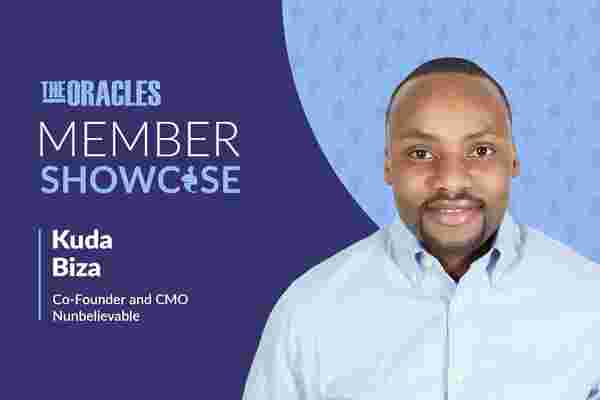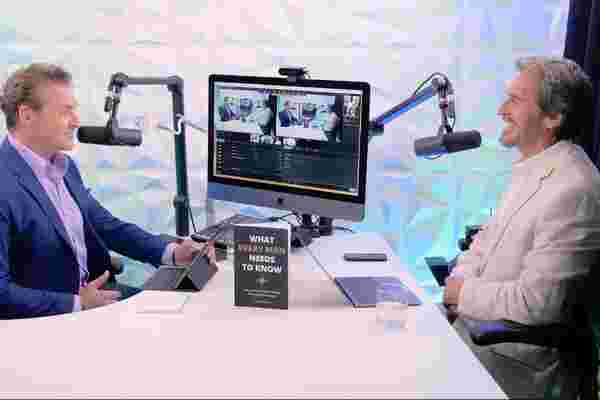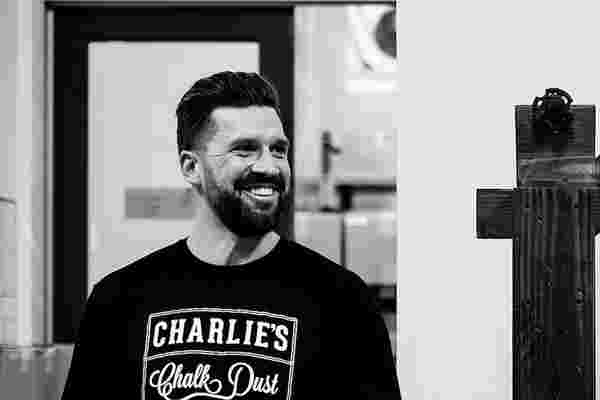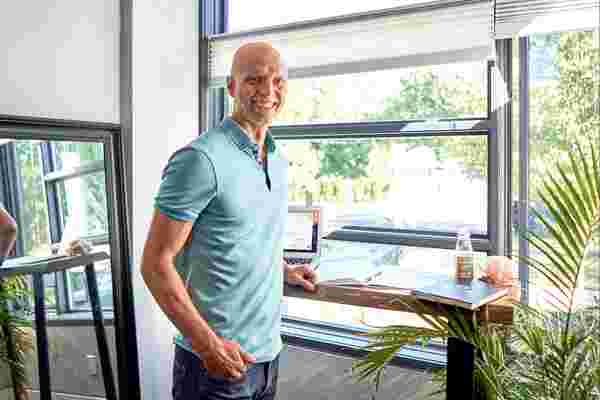Award-Winning Chef Kwame Onwuachi Is Too Busy to Eat Breakfast
Award-Winning Chef Kwame Onwuachi Is Too Busy to Eat Breakfast
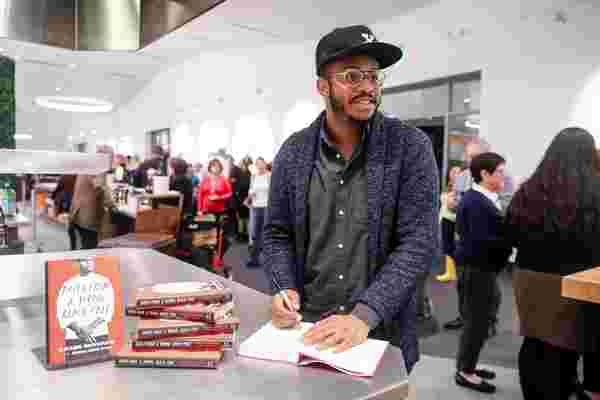
Can food be a tool for social change?
Chef Kwame Onwuachi believes so.
58003
We interviewed Onwuachi about the Conversations program, his breakout restaurant Kith/Kin, the memoir he released this year, Notes From a Young Black Chef, and the line between being a chef and being an entrepreneur.
Why wasit so important to you to participate in the CIA at Copia Conversations program?
I think this conversation is really, really important because anytime you bring together leaders, thought-provoking people, something magical always happens. You get to understand what’s important for different people at a high level. For me, shortening the gap of inequity in the industry whether it is racism, sexism — all of the -isms — and taking care of our staff is really important to me.
How do you hope to change the food industry?
We need equity. And equity, for me, looks like an even playing field from the beginning of a foundation. It starts with mentorship at a very young age. It starts with accessto healthy food —real food — at a very young age and seeing things, seeing what you can become. Exposure, culture!I was talking to Andrew Zimmern about my first failures, and for the neighborhood that I came from, getting back up and moving to another restaurant was literally as easy as getting back up and wiping yourself off. Because people, where I grew up, don’t even get to see that opportunity.
So I think access and just mentorship and leveling that playing field from a very, very early age – that’s what equity is, that’s what makes people equal to each other. And then we can say, ‘Okay, we both have the same opportunities. Now why can’t you get a job?’ But if someone is growing up in a crack house, if you’re growing up with someone that has mental health issues that cannot even afford or even know that mental health issues are even a thing —then how can you even begin to start to judge someone? So, that’s what I think equity means to me.
Was there a certain point of time where you realized “I’m now in a position where I can do something about these barriers to entry”?
I think it happened when I transitioned into a chef. With our industry, we run ourselves to the ground until we can’t work the same and then what do we do? I’m just worried about the future of our industry, because of the turnover that is happening. It’s not anyone’s fault that they can’t hang, can’t put in a hundred hours a week. How many people are going to be able to do that? Especially if their name isn’t on the line? I understand I can work a hundred hours a week, my name is on the marquee. But your staff, they are doing it for the skill, their names aren’t on the restaurant but they're still putting a lot of hours. Some of them are putting in more hours than the chef. So, how are we going to have longevity in the industry if we don’t try to fix that?
Have you always wanted to be a chef? Where did that passion originate?
I didn’t always want to be a chef but I was always cooking. My mom is a chef, so I grew up in the kitchen and I started cooking with her when I was 5 years old. I was too young to go out on the events because she was a caterer so she would leave me home with all of the kitchen utensils. I would play with different ingredients, some of the things I made would be really horrible, but some of them would be good. That’s where my passion cooking came from, from that creativity.
Do you feel more like a chef or an entrepreneur?
I’m both. I’m a chef, a chef is a leader – is the command in the kitchen – but I’m also a business person. Every business I’ve had, food was involved. I sold candy in the subway to start a catering company, so even that had to do with food. 58003 Opening doors for other people. So, I chose to be both.
What do you love about entrepreneurship?
I love the freedom. You are able to be yourself and being a true entrepreneur means going through every single failure with the same exact enthusiasm. Every single project whether it’s a success or failure, you won’t know until it happens but you should go into every project as enthusiastic as you were about the last one. people will always say “What project are you most excited about?” and for me, it’s the next one.
What’s the worst part about entrepreneurship?
The uncertainty. Being an entrepreneur is quite scary because you’re putting yourself out there. 58003 High risk is also high reward.
What do you think are thekey components to Kith/Kin's success?
真实性。 It’s authentically me. Kith/Kin has four pillars of cuisine: Jamaican, Nigerian, Creole and Trinidadian. We’ve stuck to those and it’s been working out for us. And obviously, our staff is a key component. They really carry that restaurant and convey the message. So, without them, the business would not be successful at all. They embody that from the dining room to the kitchen.
You also wrote a powerful memoir this year. How was the process of writing the book for you?
Writing it made me more of myself, so then more confident in my dishes. I think more of us need to be ourselves and not try to fit into a mold. We would be a lot happier. I don’t need to put a million things on a plate to do something good. I just need to make things that make sense and be true to what they are whether they are an ingredient or my story.
Given how busy you are, what do you eat for breakfast?
I don’t eat breakfast. But when I do it's bacon cheese and eggs sandwich because I grew up eating that in New York City. But I never eat breakfast (Laughs).
-
真实性-它是什么,不是什么以及如何获得它。
2021-06-29

